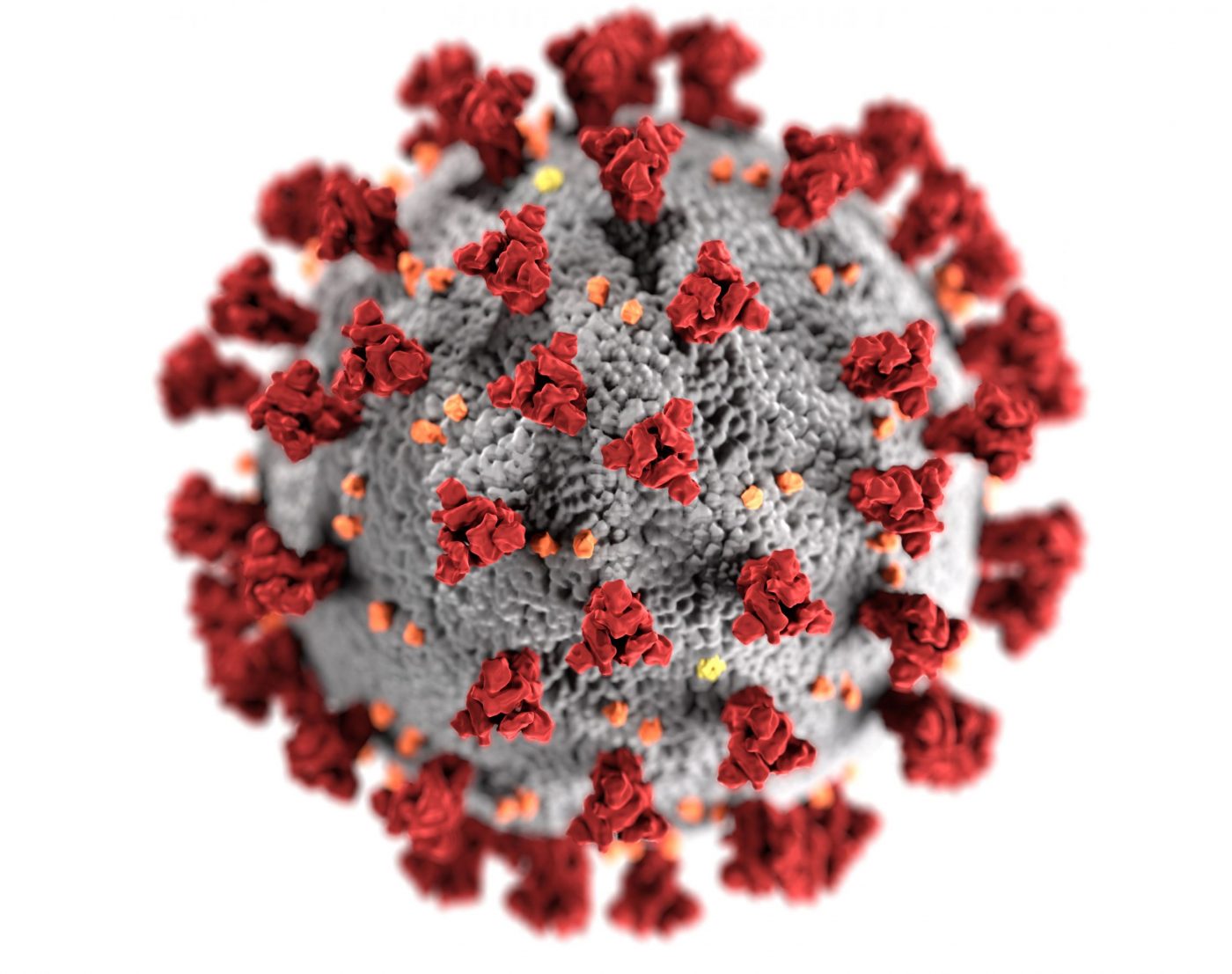News
Risk Factors for Early Breast Cancer
Certain risk factors increase the likelihood of women developing breast cancer at a younger age ...
News
CME Conference, June 2023
his prestigious event was held on 2th June 2023 in Muscat, Oman, at crown plaza hotel together with medical specialists, in the field of genetics and gynecology. ...
News
Our exhibit at Open Health Day
At the forefront of cutting-edge medical research is the field of genetics. With the ability to analyze genetic data and develop personalized treatment plans, genetic laboratories play a vital role in advancing knowledge of genetic diseases and improving patient outcomes. At our genetic laboratory, we are dedicated to making a ...
News
FDA Approves First Cell-Based Gene Therapy to Treat Adult and Pediatric Patients with Beta-thalassemia Who Require Regular Blood Transfusions
Today, the U.S. Food and Drug Administration approved Zynteglo (betibeglogene autotemcel), the first cell-based gene therapy for the treatment of adult and pediatric patients with beta-thalassemia who require regular red blood cell transfusions. “Today’s approval is an important advance in the treatment of beta-thalassemia, particularly in individuals who require ongoing ...
News
Genetic background influences disease risk from single-gene variants
Life can change dramatically when someone learns they are genetically predisposed to a disease, such as a condition called familial hypercholesterolemia, where a mutated gene can lead to elevated cholesterol and increased risk for a premature heart attack. But these kinds of disease predictions are complicated: not everyone carrying such ...
News
Could Gene Therapy Stem the Damage of Parkinson’s?
BY ROBERT PREIDT, HealthDay Reporter It may be possible to protect Parkinson’s patients’ brains from further damage by turning off a “master regulator” gene, researchers report. “One of the biggest challenges in treating Parkinson’s, other than the lack of therapies that impede disease progression, is that the disease has already laid ...
News
Missing link in coronavirus jump from bats to humans could be pangolins, not snakes
As scientists scramble to learn more about the SARS-CoV-2 coronavirus, two recent studies of the virus’ genome reached controversial conclusions: namely, that snakes are intermediate hosts of the new virus, and that a key coronavirus protein shares “uncanny similarities” with an HIV-1 protein. Now, a study in ACS’ Journal of Proteome ...
News
Mining the SARS-CoV-2 Genome for Answers
Thirty thousand base pairs make up the (relatively tiny) SARS-CoV-2 genome. A singular genome holds limited information. But, by comparing multiple genomes from different patients, animals, places, or time periods, the DNA’s information can be unlocked. From where the virus originated to how it spilled over from animals into humans, ...


